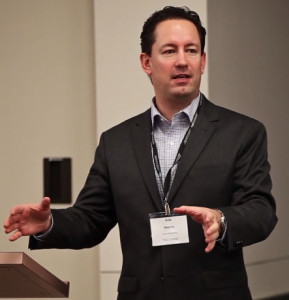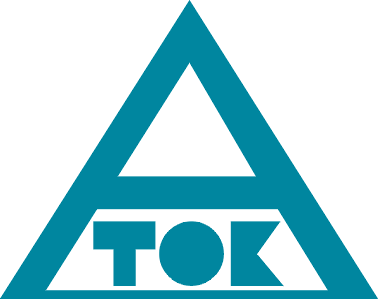Interview with Retail Summit 2016 key note Prof. Kyle B. Murray.
In your new book, you focus on how the leading retailers create value for their customers. We are delighted that you’ll share details on that within Retail Summit 2016. Still, can you mention the core findings already at this point?
At its core, the book details a framework for crafting a compelling retail value proposition. Based on more than a decade of research, including hundreds of hours of interviews with retailers, the framework describes how leading retailers create attractive shopping environments, choose the right products and engage customers. Historically retail competition has been about the environment and the products, but the future is about engaging customers. My talk at the Retail Summit 2016 will explore how today’s retailers can enhance their value proposition to attract and engage more of the right customers.
These are powerful findings. How did you collect them?
The research in the book is based on my own research in our behavioural lab and in-store field experiments, combined with insights from the academic literature and hundreds of hours of conversations with retail managers and executives.
Are these rules universal or is there a difference between general store operators and specialty retailers, between food and non-food categories?
Universal rules in retailing are hard to come by. The framework in the book is general, but it needs to be customized to the specific competitive environment that individual businesses find themselves in. I do spend some time in the book looking at examples and case studies from small independent retailers as well as the world’s biggest corporations. Similarly, I discuss a wide variety of retail sectors, including both food and non-food businesses.
Your findings seem very relevant to me. Still, isn’t there a danger that these are just North American rules of the game and it is not easy to translate them into the European market conditions?
My perspective and experience is definitely biased towards the North American market. However, I have also spent significant time as a visiting professor at INSEAD in France and the Dublin Institute of Technology in Ireland, as well as Monash University in Australia. What I have learned from that international experience is that retail is a global business. While there are important distinctions between markets – even between very similar regions like Canada and the United States, as Target’s recent failure in Canada taught us – the core concepts of the framework developed in my book are relevant to both European and North American managers.
I know you want to stay positive and show inspiring examples of value creation. Nevertheless, can you share also some examples how retailers might kill the value?
I think as consumers we are all too familiar with the ways in which retailers kill value. This can range from poor service to product stock-outs to the invasions of privacy that are becoming increasingly common in the era of big data. Retail is a tough and complicated business. It is easy to make mistakes that destroy what would otherwise be a compelling value proposition. There are many examples, but here are two of my recent favourites, both are from companies I admire. Lululemon ran into a problem with sheer yoga pants. Design and manufacturing mistakes happen, but the company made it so much worse by putting the blame on the customer and, in particular, the customer’s body type, rather than being accountable as a corporation. They were even asking customers to bend over in the store to „prove“ the pants were sheer! Another common mistake is for retailers to venture into new markets expecting to simply roll out what has worked at home. Target’s recent exit from Canada is a classic case of a very sophisticated retailer failing to appreciate the subtle differences that make or break businesses in a new market. Both these examples illustrate the more general problem: retailers losing focus on the customer and putting too much emphasis on products and real estate.
Thanks a lot for your insights. Looking forward to meet you in Prague on February, 2, 2015.
I am very excited to visit Prague and speak at the Retail Summit in 2016!
Tomas Krasny, Partner Blue Strategy

- Professor of Marketing and the Director of the School of Retailing at the University of Alberta’s School of Business.
- Studies human judgment and decision making. His work uses the tools of experimental psychology and behavioural economics to better understand the choices that consumers make.
- Has consulted in these areas for clients including the General Motors, Industry Canada, Johnson and Johnson, Leger Marketing, LoyaltyOne, and Microsoft.
- His two books are The Retail Value Proposition and Consumer Behaviour.
- In February 2016, Dr. Murray will give a key note on Retail Value at Retail Summit 2016 in Prague










